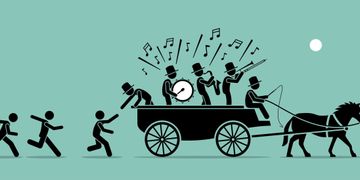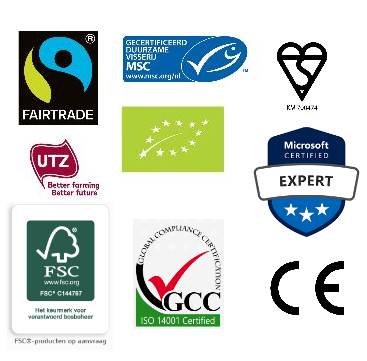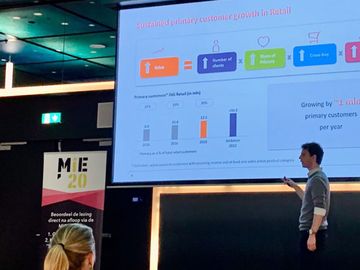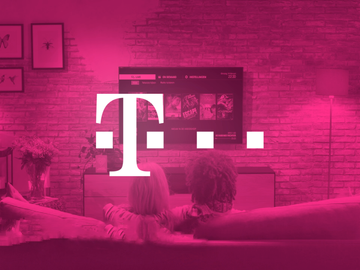
How to use The Bandwagon Effect to make your website more persuasive
The Bandwagon Effect, what is it?
Basically, it’s a safe bet to do as others have done.
The Bandwagon Effect describes the way that people do or say things just because other people are doing or saying them. It’s a cognitive bias, but it’s powerful enough to overpower our own ideals or contradictory evidence.
This effect shows that, under the right circumstances, people are truly ‘herd animals’ that prefer the comfort of conforming to a group.
And you can use it to incredible effect when optimizing your Customer Experience.
Proven methods, such as social proof, testimonials, and client cases, are used to elicit this ‘Bandwagon effect’ to great effect.
Bonus: Optimize your conversion with these behavioural psychology principles
What’s The Bandwagon Effect good for?
If everyone jumped off a cliff, would you? You wouldn’t, of course.

But, if many people tell you that you should, that it’s ‘such an incredible experience’ – and even your favorite celebrity has done it – you might start thinking about it more positively.
The Bandwagon Effect is widely used offline and online. It can be seen in fashion trends, political leanings, music (the more people listen to a certain band, the more popular it becomes) and even the stock market is subject to the Bandwagon Effect (e.g.: meme stocks).
Proven by Science: The Asch Conformity Test
This has been proven in the Asch Conformity Test, in which research participants were asked to point out two lines that have the same length.

Which is the same length? (It’s B)
Initially, test subjects had no trouble with the task at hand, until other ‘test subjects’ (actors) claimed two lines (with different lengths) had the same length.
Lies!
Overall, a staggering 75% of participants gave at least one incorrect answer out of 12 trials.
How to use The Bandwagon Effect to make your website more persuasive
1. Add reviews
Make the social proof a trigger for the bandwagon effect with prominent customer reviews.
“X people rate our product with an 8.9!”
Or,
“Already more than 690,000 satisfied customers.”
Evoking the choices of others with claims such as “Best Seller” and “Most chosen option” fall into the same category.
2. Leverage Client Cases
These are real-life stories that show how others have chosen you, and what the outcome was.
Customers will recognize their own problems in Client Cases, and use the decisions of others to guide their own.
Explain your products in the story. How does it work, when is it used, and how has the product improved the lives of your customers?
3. Endorsements and Testimonials
The persuasive power of experts and celebrities is not to be underestimated. People value their opinions, and can tip the balance for customers who are ‘on the fence.’
Example: “4 out of 5 dentists recommend Colgate”, or “the most-used brand of toothbrush according to dentists.”
Dentists are trustworthy when it comes to teeth – so people accept expert endorsements as ‘truth.’
4. Display Quality Certifications and Seals
Reliable organizations imbue you with their own ‘reliability’ due to the halo effect.

A Quality Mark, Badge, Seal, or Certification from an industry or official body give your organization an official stamp of approval.
Examples:
- The ‘CE’ mark on products (that shows they conform to European standards)
- The ‘Fairtrade’ logo for food products
- UTZ certification for chocolate and cocoa
Seals and Certifications like these are a strong form of social proof, because they are not subjective. You can only attain them when you meet specific standards.
5. Show activity on your website
What are other people doing? This is what drives The Bandwagon Effect at its core – so make this apparent to your website visitors.
Show the activity on your website to other visitors, so they get a sense of urgency and pay more attention.
Booking.com uses this to great advantage, as they show how many people are looking at the same hotel room or tickets as you – and if the supply is running out. Quick! Act now!

This tactic shows customers that the item in question is desired by others – making it appear even more desirable to them.
Optimize your conversion with these behavioural psychology principles
These psychological theories and examples, along with our practical examples and screenshots, will help you to sharpen your online customer experience and improve your website.


